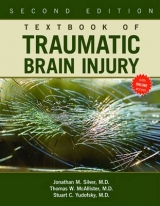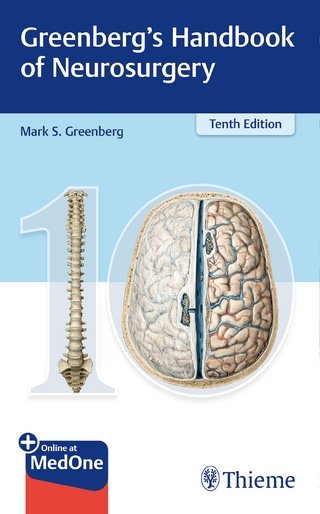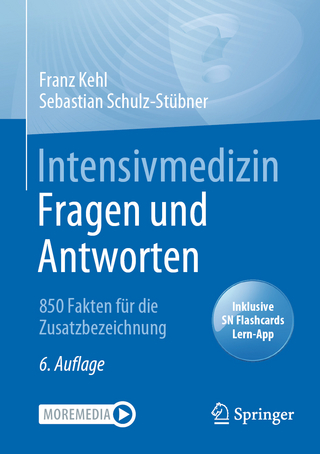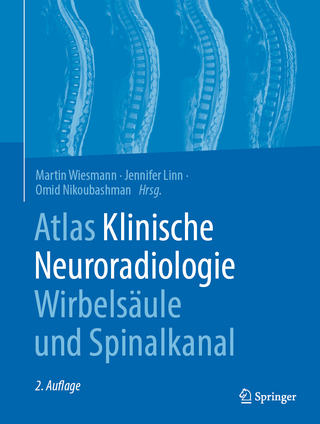
Textbook of Traumatic Brain Injury
American Psychiatric Press Inc. (Verlag)
978-1-58562-105-7 (ISBN)
- Titel erscheint in neuer Auflage
- Artikel merken
Each year in the United States, more than 3 million people sustain a traumatic brain injury (TBI). Associated annual costs exceed $48 billion, yet media and policy makers have largely ignored this major public health problem. Moreover, most clinicians lack experience in treating and evaluating patients with TBI and thus are unaware of its many subtle but disabling psychiatric symptoms. This critically important textbook?A?Athe timely successor to the popular 1994 compilation by the same editors?A?Afills that void, providing a wealth of scientific, yet easy-to-understand information on the complex neuropsychiatric sequelae of TBI. Written by recognized experts and designed to help treat patients in the clinical setting, this volume presents a truly comprehensive, clinically relevant approach based on current research and clinical practice. As such, it is the ideal tool for helping to educate mental health care professionals about the devastating consequences of TBI. This thoroughly updated and expanded textbook contains 40 chapters and more than 100 clinically-relevant figures and illustrations.
It is organized into seven sections that address epidemiology/pathophysiology, neuropsychiatric disorders and symptomatologies, special populations and social issues, and treatment and prevention, covering topics such as aggressive disorders, cognitive changes, fatigue and sleep problems, chronic pain, mood disorders, family systems, pharmacological therapy, and?A?Aof critical importance?A?Aprevention. Updates from the 1994 predecessor work include -Separate chapters addressing structural imaging, functional imaging, and electrophysiologic techniques (the 1994 volume contained just one chapter on neuropsychiatric assessment) -A chapter dedicated to specific issues that arise during neuropsychological assessment -Extensive revisions to all chapters covering neuropsychiatric disorders -Chapters discussing the multiple neuropsychiatric sequelae experienced by patients but not encompassed by the usual psychiatric syndromes?A?Aincluding apathy, reduced awareness of deficits, fatigue, pain, headaches, balance problems, visual difficulties, and sequelae of sports injuries -New chapters on social issues and systems of care -The full range of treatment modalities, including a chapter on alternative therapies These distinguished editors have brought together the leading-edge work of a stellar group of renowned contributors in a practical, deeply informative textbook that will be welcomed as a "must read" by psychiatrists, neuropsychologists, clinical psychiatrists, physiatrists, neurologists, and other professionals, including residents and trainees, involved in brain injury rehabilitation.
Jonathan M. Silver, M.D., is Clinical Professor of Psychiatry at New York University School of Medicine in New York, New York. Thomas W. McAllister, M.D., is Professor of Psychiatry in the Department of Psychiatry, Section of Neuropsychiatry, at Dartmouth Medical School in Lebanon, New Hampshire. Stuart C. Yudofsky, M.D., is D.C. and Irene Ellwood Professor and Chairman of the Menninger Department of Psychiatry and Behavioral Sciences of Baylor College of Medicine. He is Chief of Psychiatry Service at The Methodist Hospital and is also responsible for oversight of academic activities in psychiatry at The Menninger Clinic and Hospital, the Ben Taub General Hospital, the Houston Veterans Administration Medical Center, the St. Luke's Episcopal Hospital, and the Texas Children's Hospital.
Part I: Epidemiology and Pathophysiology. Epidemiology. Neuropathology. Neurosurgical interventions. Neuropsychiatric assessment. Structural imaging. Functional imaging. Electrophysiological techniques. Issues in neuropsychological assessment. Part II: Neuropsychiatric Disorders. Delirium and posttraumatic amnesia. Mood disorders. Psychotic disorders. Posttraumatic Stress Disorder and other anxiety disorders. Personality disorders. Aggressive disorders. Mild brain injury and the postconcussion syndrome. Seizures. Part III: Neuropsychiatric Symptomatologies. Cognitive changes. Disorders of diminished motivation. Awareness of deficits. Fatigue and sleep problems. Headaches. Balance problems and dizziness. Vision problems. Chronic pain. Sexual dysfunction. Part IV: Special Populations and Issues. Sports injuries. Children and adolescents. Elderly. Alcohol and drug disorders. Part V: Social Issues. The family system. Systems of care. Social issues. Ethical and legal issues. Part VI: Treatment. Psychopharmacology. Psychotherapy. Cognitive rehabilitation. Behavioral treatment. Alternative treatments. Part VII: Prevention. Pharmacotherapy of prevention. Prevention. Index.
| Erscheint lt. Verlag | 30.6.2005 |
|---|---|
| Zusatzinfo | Illustrations |
| Verlagsort | VA |
| Sprache | englisch |
| Themenwelt | Medizinische Fachgebiete ► Chirurgie ► Neurochirurgie |
| Medizin / Pharmazie ► Medizinische Fachgebiete ► Notfallmedizin | |
| ISBN-10 | 1-58562-105-6 / 1585621056 |
| ISBN-13 | 978-1-58562-105-7 / 9781585621057 |
| Zustand | Neuware |
| Haben Sie eine Frage zum Produkt? |
aus dem Bereich



